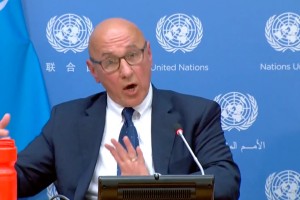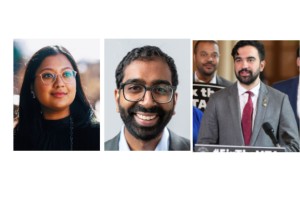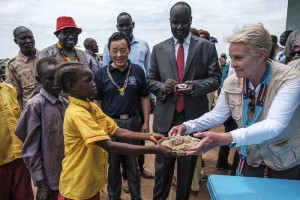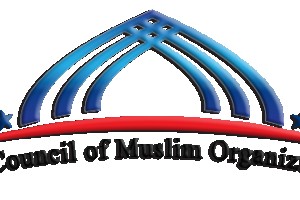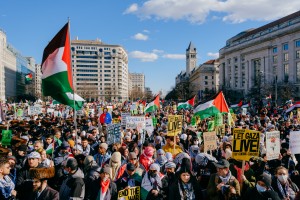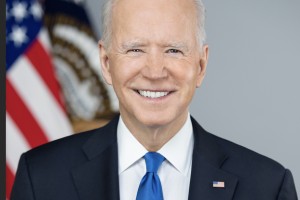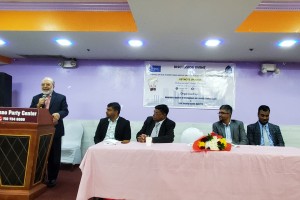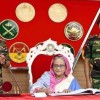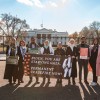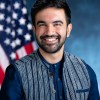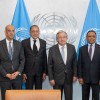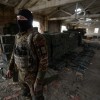Dhaka Cyber Tribunal Sentences Human Rights Defender and Odhikar Director to Prison
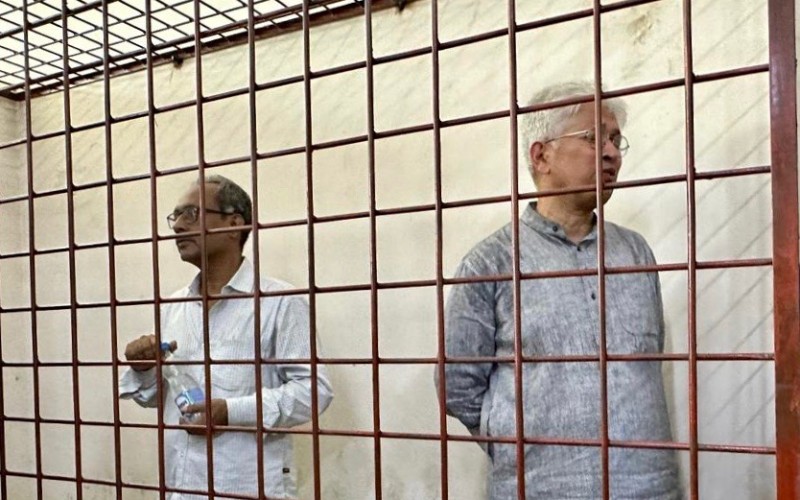
Dhaka, Bangladesh - In a significant development, the Dhaka Cyber Tribunal handed down a verdict on Thursday, sentencing internationally acclaimed human rights defender Adilur Rahman Khan and the director of the rights organization Odhikar, ASM Nasiruddin, to two years of imprisonment. The case against them was filed under the Information and Communication Technology Act 2006. In addition to the prison sentence, both individuals were fined Tk 10,000 each.
The verdict was pronounced by tribunal judge AM Julfikar Hayat at approximately 2:10 pm local time, marking a critical moment in a case that has garnered attention from various quarters.
Notably, the courtroom was attended by representatives from foreign missions, including those from the United States, Canada, and the United Kingdom. This international presence underscores the global interest in the case and its implications for human rights and freedom of expression in Bangladesh.
In addition to diplomats, several noted academicians and rights activists, including CR Abrar and Mohammad Nur Khan, were present during the hearing, demonstrating widespread support for Adilur Rahman Khan and ASM Nasiruddin.
Representatives from various media houses were also seen outside the courtroom, highlighting the significance of the case within the media and civil society.
The sentencing of Adilur Rahman Khan and ASM Nasiruddin has generated concern among human rights advocates and civil society organizations, who argue that such actions may further restrict the activities of human rights defenders and civil society groups in Bangladesh.
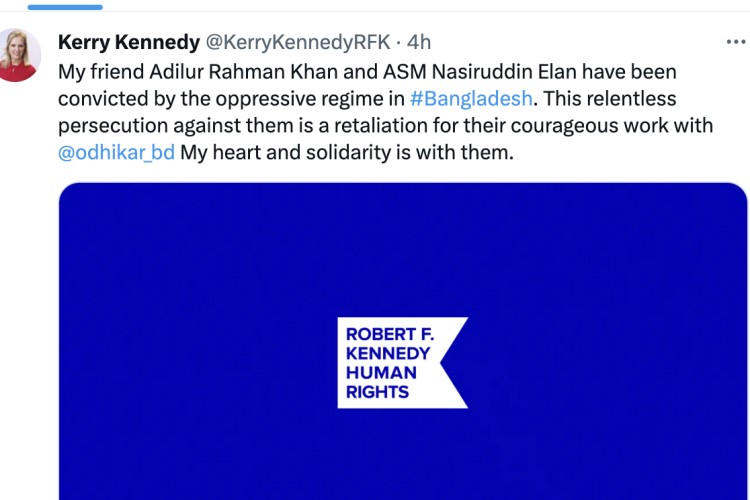
International organizations and governments have also expressed their concerns. The United States Embassy in Dhaka issued a statement emphasizing the crucial role played by human rights defenders and civil society organizations in upholding human rights and fundamental freedoms. The statement expressed concern that the verdict could undermine the ability of these groups to carry out their essential work and emphasized the importance of freedom of expression and a vibrant civil society as pillars of democracy.
As this case unfolds, it continues to be a topic of intense scrutiny and debate both within Bangladesh and on the international stage, with implications for the broader discourse on human rights and freedom of expression.






